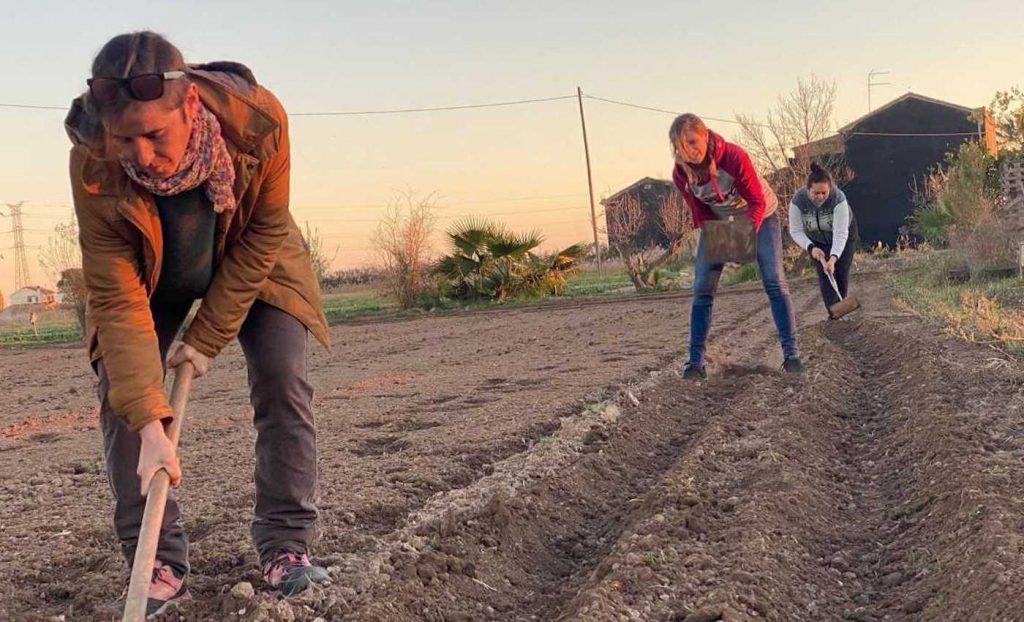
Reducing poverty and boosting social inclusion are the main objectives to which the InnovAgroWoMed project aims to contribute through the testing and development of a rural social innovation model that facilitates female labour force participation and entrepreneurship in the rural areas of the Mediterranean area. In this region, unemployment is one of the main causes of poverty for both women and men, especially in rural areas. In the entire MENA (Middle East and North Africa) region, women’s labour force participation rate is 22%, the lowest in the world, and only around 12% of adult women are entrepreneurs. Economic opening has brought about new challenges and opportunities. However, the agro-industrial sector in these countries is weak, constrained by multiple factors and formed by small low/medium technology enterprises.
The InnovAgroWoMed project focuses on two European Mediterranean regions (Valencia, Spain and Sicily, Italy) and two MENA areas (Beja and Medenin in Tunisia, and Palestine) to boost women’s labour force participation and entrepreneurship, especially NEETs (Not in Education, Employment or Training), by leveraging on the potential of the agrifood sector, an industry closely linked to the cultural identity of the Mediterranean region, and which shows a significant level of untapped potential in terms of innovation and growth.
Specifically, the project involves research, training and placement activities. The research activity ended with the identification of a training model based on the rural social innovation model adapted to the needs and characteristics of the territories involved. Subsequently, more than 110 aspiringfemale entrepreneurs or professionals in the agrifood sector were selected. Through thecompletely free training course, which will end in April 2022, they will acquire the necessary knowledge and skills to be more prepared to find a job or become entrepreneurs.
Employment support activities include traineeship programmes, career days, support for the establishment of start-ups and the organization of trade fairs and road shows for the presentation of products and services developed during the project.
“The InnovAgroWoMed project intends to contribute in an ambitious and sustainable way to the recovery of the agrifood sector in the Mediterranean area,” said Prof. Marco Meneguzzo, the project’s scientific coordinator, “particularly in the areas involved in the project initiatives, by training human capital and boosting the employability of the most disadvantaged and vulnerable group, i.e. young women, who in these areas will be the most affected by the COVID-19 pandemic and who also have a high untapped potential in which we should invest for the economic recovery of the region.”
The project is funded at 87% by the European Unionthrough ENI CBC MED — the European Neighbourhood Instrument – Cross Border Cooperation – Mediterranean programme — and is coordinated by CEIS, the Centre for Economic and International Studies of the University of Rome “Tor Vergata”. The project partners are: CESIE centre of studies (Italy), Jovesólides (Spain), Palestinian Business Women’s Association – ASALA (Palestine) and the Centre of Arab Women for Training and Research – CAWTAR (Tunisia). The project can also rely on the collaboration of the Department for Equal Opportunities of the Presidency of the Council of Ministers, the Italian Association for Women in Development (AIDOS) and the Italian National Coordination of Care Communities (CNCA).

